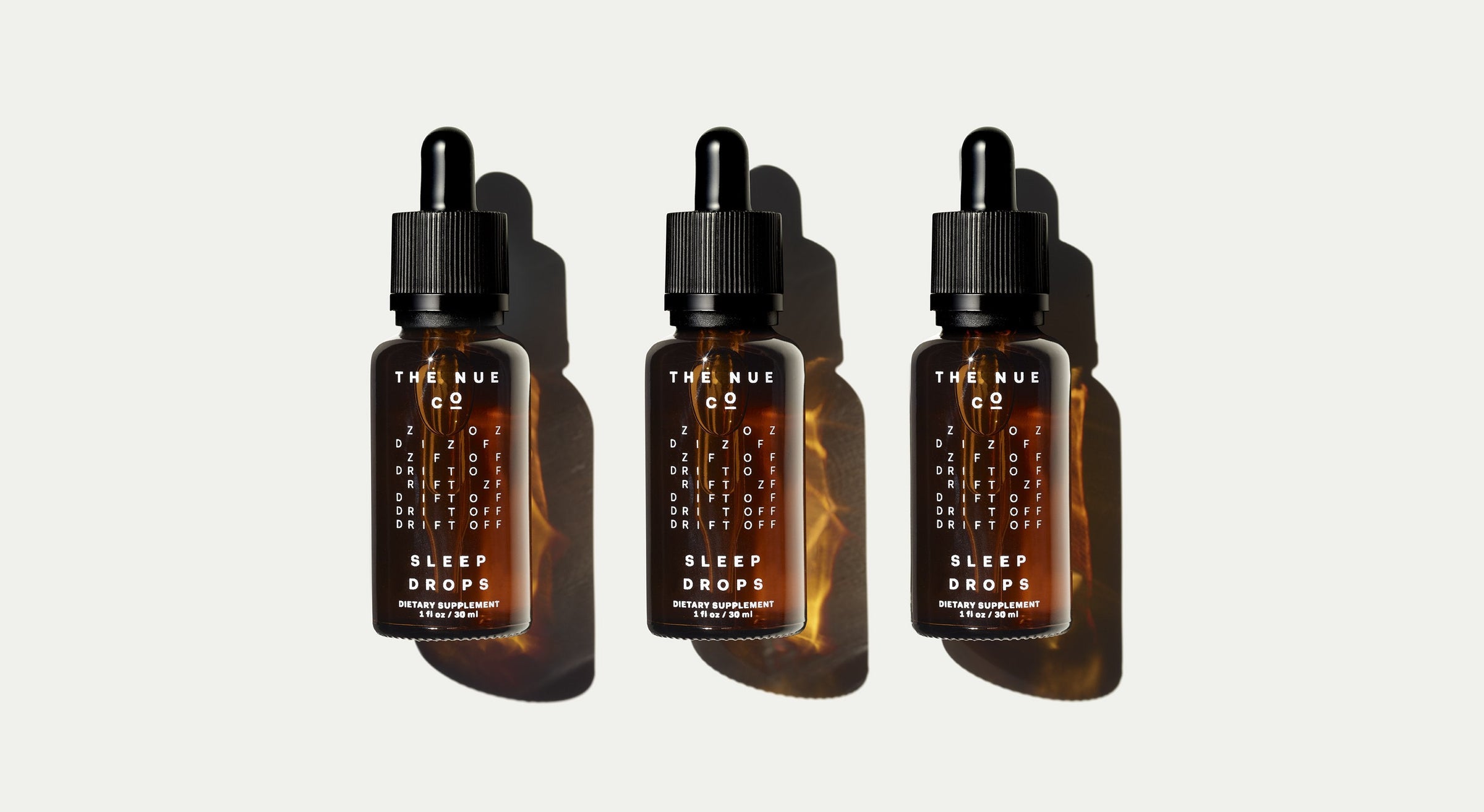How to Sleep Better At Night


Sleep is a cornerstone of good health. While we slumber our bodies undergo necessary maintenance work, but there’s a lot more to it than just how many hours a night we should get; it’s about quality as well as quantity.
Poor sleep often results in annoying short term effects such as sugar cravings, irritability, brain fog and lack of concentration. However, it doesn’t just make the day ahead feel like a slog - chronic lack of sleep has been linked to serious health issues such as Alzheimer’s, cardiovascular disease, obesity and diabetes too.
A good night's rest will see you cycle through the two main types of sleep, rapid eye movement (REM) sleep and non-REM sleep (which has three different stages). We cycle through all of these stages several times each night, but it’s the deeper, non-REM sleep which is particularly vital for our brain's function and health. This is when the brain truly rests and recovers from a day's work and replenishes its energy stores. Also at this stage, our pituitary gland secretes human growth hormone, which aids tissue and cell regeneration.
Here are a few healthy sleep tips to take to bed with you tonight:
- Aim for 7-9 hours a night, so your body has ample time within the deeper stages of sleep mentioned above.
- Try to be consistent with your bedtime routine as this helps to regulate your sleep cycle.
- Try sleeping on your side, this position has been found to be the most beneficial for brain health.
- Try our SLEEP DROPS, a natural blend of calming valerian and chamomile, alongside anxiety-reducing passionflower and catnip.
- Switch your workout routine, and save the vigorous exercise for early on in the day. If you still want to move in the evening, opt for yoga or pilates.
- Warming up can help you drift off, so try a sauna or steam session in the evening if you’re anticipating a restless night.
- This goes without saying, but avoid blue lights from mobile phones and laptops near bedtime.
- Keep your room as dark as possible, as this signals that it’s night-time to your brain, promoting the release of sleep hormone melatonin.
- Avoid heavy meals before bedtime as digestion will take up energy that could otherwise be used to aid your body's recovery while you sleep.